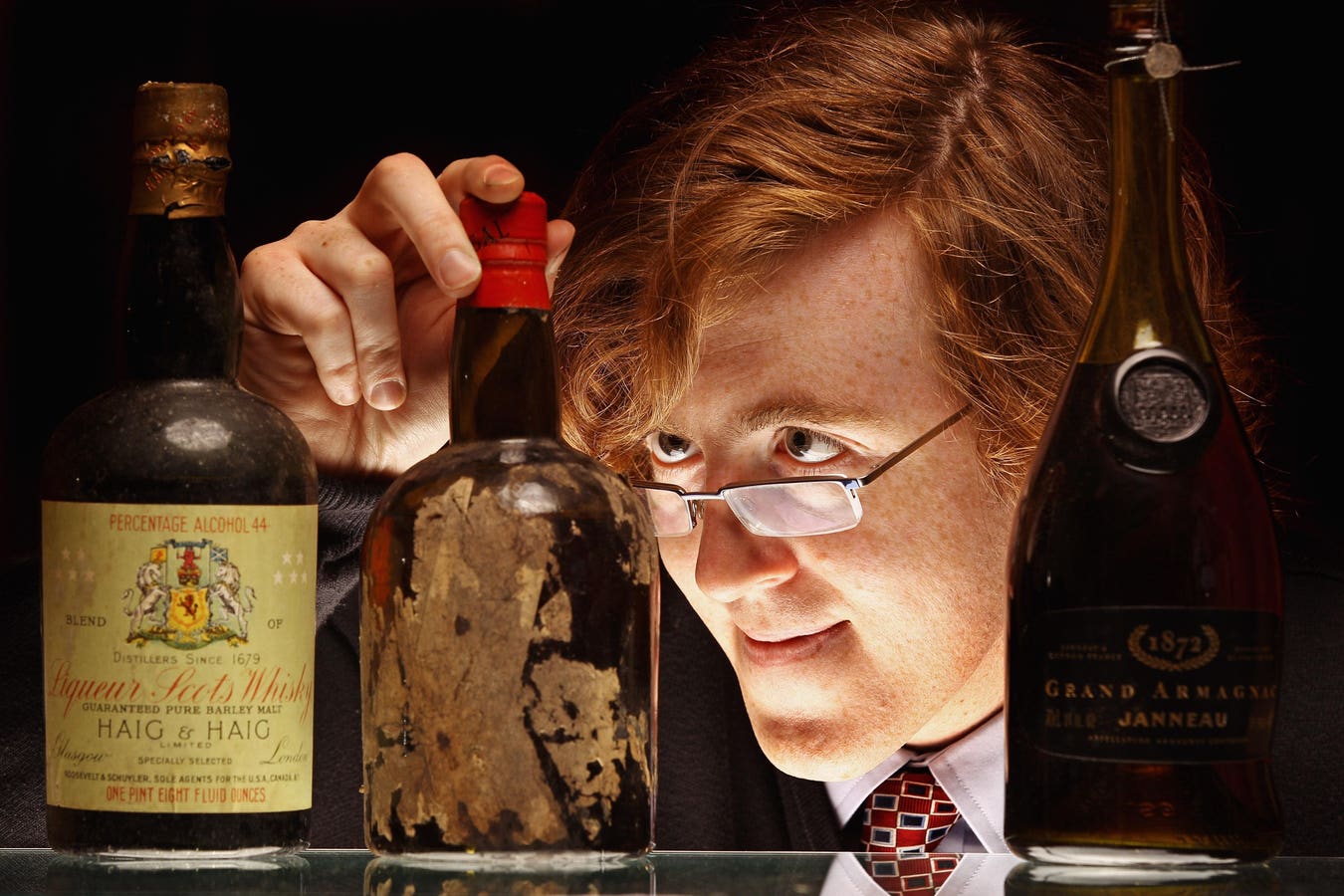Late last year, a hidden trove of whisky was discovered in a cellar room deep within a 13th century Scottish castle. The liquid was subsequently tested and determined to have been distilled back in 1833, making it the oldest known scotch in existence. Now two dozen bottles of it are going under the hammer in a November auction.



I’m not sure it is, actually.
Cilantro is simply a case where we have isolated the genetic difference. Taste and smell are enormously complicated, and there is evidence that other differences in taste are based in genetics as well.
For example, some people really enjoy a bitter IPA, but I cannot stand them. There have been some studies that have shown a potential link between genetics and a rejection of the strong hoppy flavors found in those types of beer. Which explains why my brothers-in-law love them but I cannot get through a single one, while I really enjoy other beers.
This should not be surprising. Smell involves an enormous number of proteins our genes code for to recognize chemicals. Some people recognize ones that others will not.
Perhaps there is something in your genetics that makes alcohol more abhorrent than it does for others.
All that said, there is something to be said about “acquiring” a taste. Which is to say, learning to appreciate what is good about something. Learning to taste whiskey is initially about taking very small sips to learn what flavors to look for without being overpowered by the ethanol. You don’t really drink scotch unless you’re very familiar with it, but even then a good scotch is more about sipping and appreciating the flavors.
This doesn’t only apply to literal taste. Music appreciation is largely about acquiring taste by learning what is good about it. Genres you are unfamiliar with will often not sound good to you, and music you think is incredible and unimpeachable might be called garbage by someone who is unfamiliar with the genre. Most genres have things to listen for to enjoy them, and unless you learn to like them you won’t.
And that’s okay! Not everyone needs to like the same things. But what we need to recognize is that other people are not wrong for having different tastes. They’re just different. Whether that difference is based in experience or genetics or any other factor, it’s not bad.